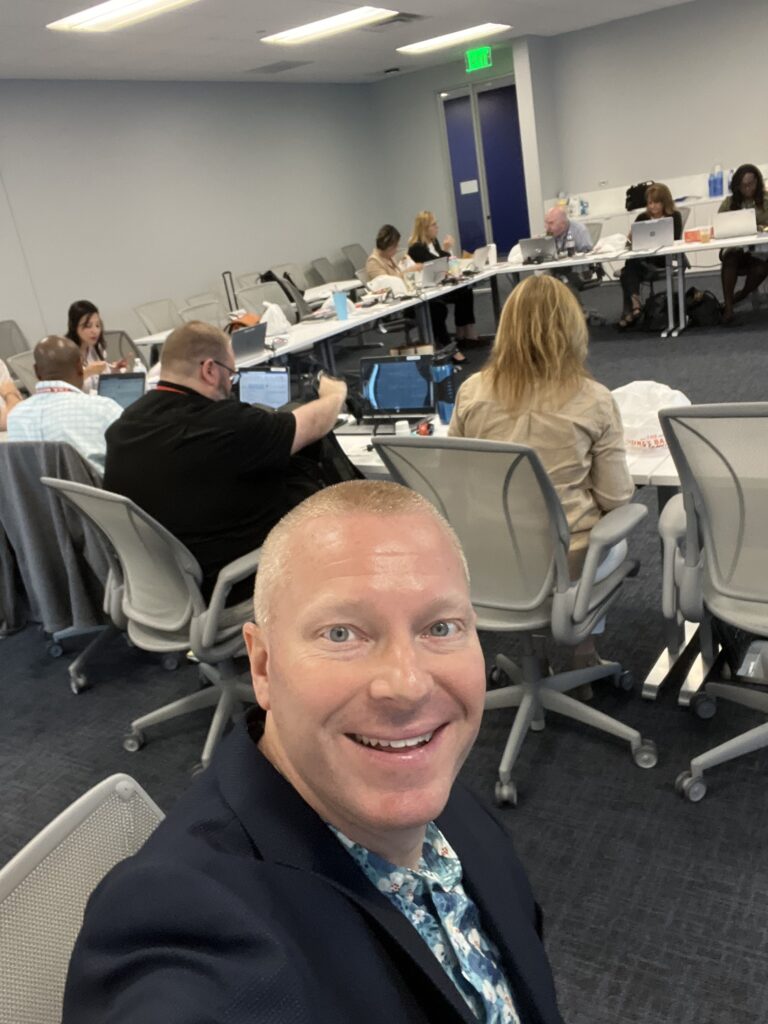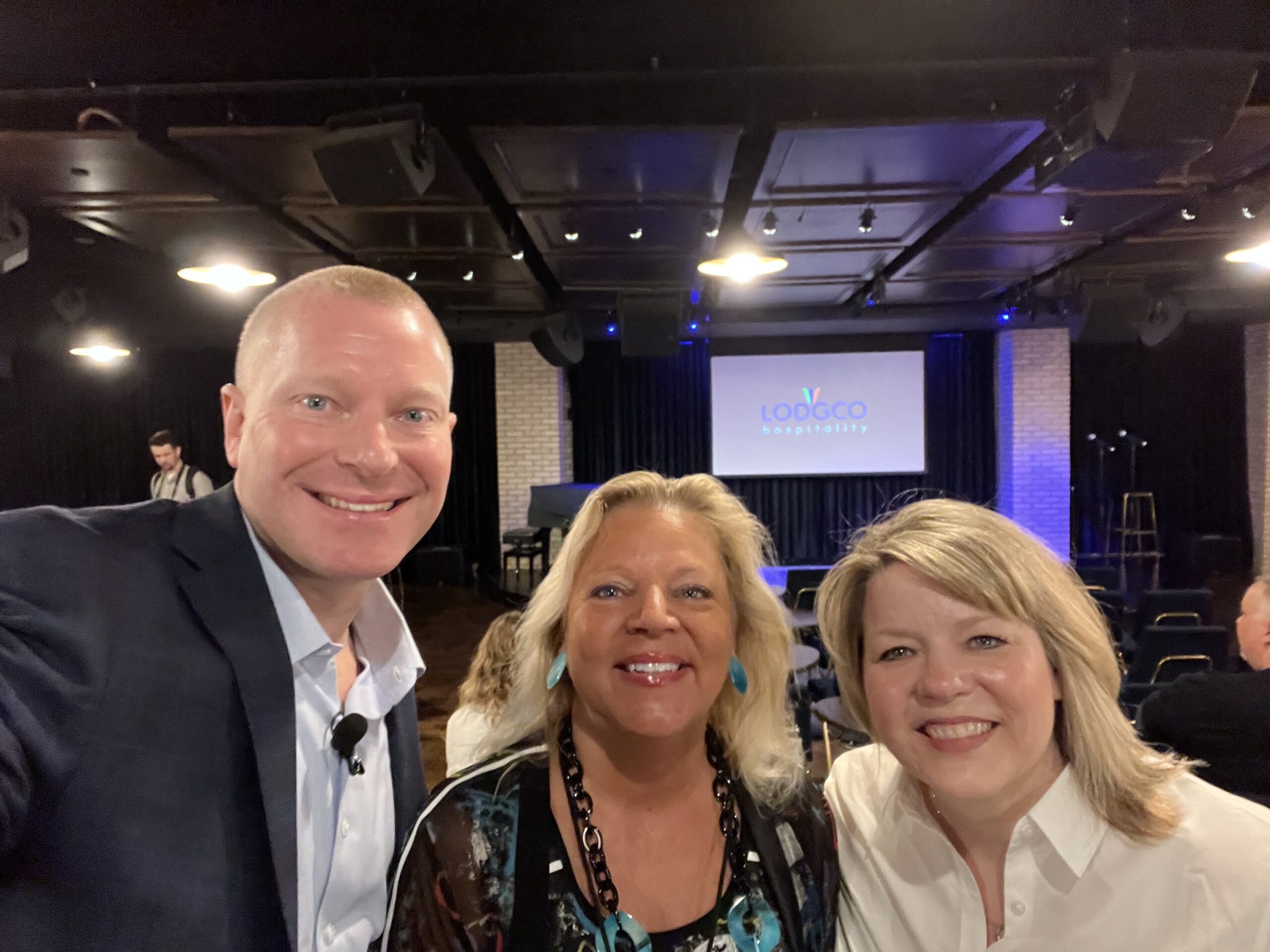Can you be too empathetic? 
According to BusinessSolver’s 2022 State of Workplace Empathy: 77% of CEOs worry that they’ll lose respect if they’re too empathetic and 79% struggled to be empathetic.
Although CEOs struggle with empathy, employees seek it in their organizations.
According to BusinessSolver’s 2019 State of Workplace Empathy: 82% of employees would consider leaving their job for a more empathetic organization, and 78% of employees would work longer hours for a more empathetic employer.
Leadership is about connecting with and inspiring the hearts and minds of others such that they lean into their special talents and become their absolute best.
When we’re in the “captain’s chair”, as the leader, we often think we have to be the foremost authority, brushed up with all-knowing expertise, on every topic across the board. Though we often mean well with our explanations of why or how or what to do, they rarely serve people, in the moments that matter, quite like empathy.
Before people open up to the idea of actually receiving our engagement, coaching, or inspiration, they have to know we truly understand them as people and most importantly, how they feel.
Empathy, the ability to understand how other people feel, is the bridge over the invisible “river of trust” flowing between any leader and those they lead. It’s a special leadership trait rarely practiced enough. However, when leaders successfully deploy empathy, their teams feel welcome and become moved to move.
Empathy is about understanding, not necessarily agreeing. Volumes of research have been written and published about the productive nature of agreeing to disagree. Often, the dialogue itself is healthy, because on the other side, both people understand even if they see things differently.
While you may have set out in one direction, with a certain tone, cadence, or dialogue, it’s okay to adapt and change. You can change the subject, based on what resonates best with your team. Once you learn and understand what motivates and drives people, modify and adapt your leadership game plan accordingly.
You’ll build trust and credibility like never before. Your people will feel welcome. You’ll be on your way to serving your teams and delivering for your senior leaders; changing the culture, transforming groups of people into high-performing teams, and delivering results.
Bringing it all together:
- Seek to Understand. Carve out and plan quality time with each person on your team. Chances are, few leaders have done this. When they realize you intentionally blocked out time for them, you’ll enjoy new realms of trust and credibility. Focus on seeking to understand versus driving home your points. Only then will you see and feel communication breakthroughs with individuals and the team as a group.
- Show that you understand. Show them, don’t tell them. You’ve heard the cliché, “talk is cheap.” Not only has your team heard it, but they’ve also experienced it firsthand, from past leaders. They will know you’re different when you put empathy and understanding into action with the decisions you make and the changes you implement.
- Share your understanding. You’re human, not superhuman. So, connect with people on a human level, and you’ll take your team to the next level. Simply share how much you do understand how they feel, what’s in their way, where they want to go in their life and career, and why they do what they do or believe what they believe.
Here’s one sentence you can use to convey how much you truly understand:
“If I had experienced what you just experienced, I’d be just as frustrated (or tired, or upset or angry or disappointed) as you.”
No lecture. No solutions to their problem. No explanation. Just empathy.
Empathy is the bedrock of service, and service is the bedrock of leadership.
Learn how to improve your emotional intelligence, become a more positive leader, and how to leverage empathy and relationship skills to become the best leader you can be. Learn more about the Striving for Self-Mastery Learning Experience here.







